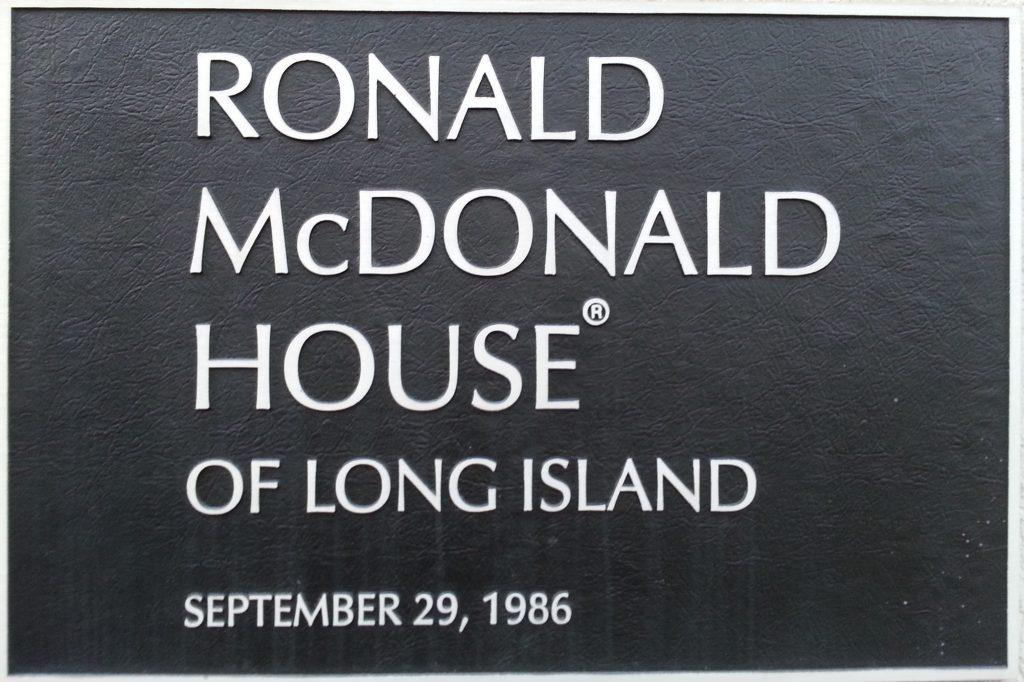by Arthur Wilson, fact checker
Every day millions of Americans commute to work in their cars, always mindful of the rules of safe driving on the road. Put the bottle down the night before work, keep both hands on the wheel, don’t run anyone over, and mind not to ruin someone else’s beautiful convertible due to one rash gaze over the figurative price-tag. Certainly, there are many annoyances we must adhere to so everyone can have an equally safe day on the asphalt, but the few troubles we face happen to be some of the most pressing matters of the moment regarding our safety and how far we can let the law push us down. Consider those red lights that line up every street of every suburb of every state in this country. They’re there to give everyone a chance to pass, but if you ask me they seem to just want to keep you somewhere, forever. Haltingly slow, they cause many to be late for work, miss their meetings, and now potentially adding to this list of grievances – giving out tickets through electronic cameras. These have been set up in secrecy to snap photographs of any cars that pass an intersection after the light changes – resulting in perfect evidence for a citation. Machines have finally begun to take over, and it will require a determined effort from us motorists to beat them to scraps. I say this with the most literal intent – there is no other way to halt their advances unless we are to engage a full scale defensive effort against menial tickets and lazy policemen.
Indeed, technology has its benefits. Radars catch speeders and stop potentially catastrophic police chases and automated fare collections at major bridges and tunnels have sped up daily commute times. When did we need constant police surveillance at every moment’s notice? As vicinities slowly break through state legislatures with automation of traffic cop duties, it is worth citing a short history of these (not so new) menaces. s were actually first tested in the 1960s, but did not attain much lasting success until about three decades later, when an increased number of accidents and a growing impatience during the work commute required precincts to devise a way to deter passing lights and potentially create more accidents. In recent years, 20 states and the D.C. metro area have adopted red light cameras to reportedly attempt to decrease accidents at intersections, often supposedly caused by skipping the lights, or attempting to speed through them as soon as they turn yellow. However, pedestrians are frequently at fault for these incidents, due to negligence to follow common crossing procedure (look left, than right) or out of impatience. Of 5,900 people killed every year due to jaywalking, over one-third are children, according to the National Safety Council. One minor ticket will not match up to a manslaughter felony once the driver goes to a court of law, so there is little incentive to hightail these machines at every intersection looking for potential killers. In fact, it is only the mere existence of these vexations that more accidents are caused at intersections now, due to fear of being ticketed in the first place.
Jaywalking and skipping lights are no longer the primary causes of accidents at all. According to the NHTSA, an increase in deaths in pedestrians within the last few years generally did not occur near intersections. More or less, they generally involved alcohol (remember – no sane person will travel to work intoxicated and ready for road rage.) and occurred at night. Accidents near red lights occur as a byproduct of this irrational fear of being ticketed. Consider the event: A driver approaches a busy intersection moving at 25 miles per hour, he notes the flash to yellow, and knowing there will be an automated cop waiting for him, immediately fears for the worst, and slams his brakes as soon as possible. That’s one driver. What if there is a line of cars behind him? What if one careless or inexperienced young man on the road does not have the years behind him to realize what is about to occur? He may readily find himself with a concussion, broken leg, or unfortunate case of death. There is absolutely no correlation to the behavior of red light skipping causing more fatalities- the cameras themselves are creating more rear-end collisions by way of psychological warfare. And like all wars, of course there must be money involved.
A study in Washington D.C. (Notorious in itself for being one of the worst hellholes to drive in the country) found that 500,000 tickets were issued by cameras in that jurisdiction over a year. The glimmering half-a-million is only facile – accidents continued to increase. So much for safety. What’s more interesting is that over $32,000,000 were generated in revenues out of the tickets. Certainly the politicians aren’t getting this money, many of them in fact oppose the damned things in numerous State legislatures, and debates continue to this date over whether there is legal authorization for the machines to act in place of cops – that is, to be the ‘evidence collectors’ of the misdemeanor as it occurs in action. Yes, we’re both lost over the mumbo jumbo. Some lawyers protest that the confusion over what can and cannot act as a police official in itself is enough incentive to outlaw the cameras until judges can make up their minds as a whole. Nevertheless, it is too late to take them down, if the pigs are filling their coffers every year with them, then no doubt they will squeal if any concerned congressmen try to rally for the cameras to be suspended or revoked. Men of the law have not only made themselves look greedy, but they’ve become spoiled and lazy by technology that does their jobs for them. This is intolerable behavior from law enforcement that is supposed to protect our rights, not take them away for personal gain.
I can hear it now – the bullhorn in the traffic circle; – ‘Hark, motorists! Every which way around you is a trap into the pockets of desperate police divisions! Let every man and woman know their right to drive is prohibited by a machine barely passable as any policeman!’ There is no better a time to resist than now. They gaze upon us like the snipers of a warzone, but we must put aside fear of prosecution and fight for the right. The most effective problem-solver would be a small firearm, a paintball gun most preferably, which in one merciful shot can dispense years of potential accidents cameras continue to cause. In more liberal states that outlaw weapons altogether, rest assured, there are always more options to combat our common enemy. Clever citizens in New Jersey have resolved to tape over lenses, or use spray paint to render them useless until some unfortunate public service agent has to clean them up. Perhaps a weekly night-time strikeforce can be assembled from distraught motorists – running on utmost conviction to destroy as many of the machines as humanely possible, waiting for them to be repaired, and to repeat until enemy police surrender the area or just give up entirely. It will require conviction, and constant disobeyance to accomplish this feat. It may seem not much more typical than what common thugs would commit, but with some sophistication within it I assure you that we can wipe out the machines from block to block with rigid stance until there are no more to irritate us at every turn or stop. Petty squabbles with police who only enforce their paychecks rather than what is morally right will surely follow, but think of men like Martin Luther King Jr. who went to prison for protesting peacefully against a system of segregation. We are no different in this day and age, only we are now battling the apparatus of the common fine.
Who is more the victim, the police officers who refuse to do the job they’ve been so good at for decades once they have to get back to work finally, or the drivers who will potentially take human life only in fear of weapons of the psych? These tools aren’t necessary for society, and we are giving up our rights to let them control our brakes and lights. We should not let ourselves be enslaved to prying eyes who sift through our wallets for every mishap we make. We are human, after all, and understanding that could be the first step to a better tomorrow – one without flickering lights over our windshields and in our eyes if we make that fatal error at the intersection.

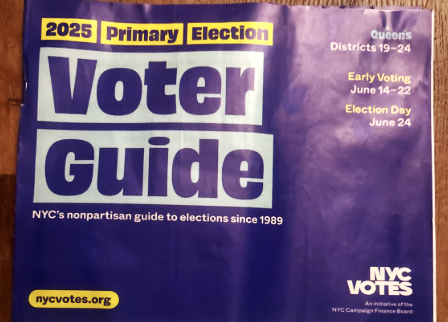
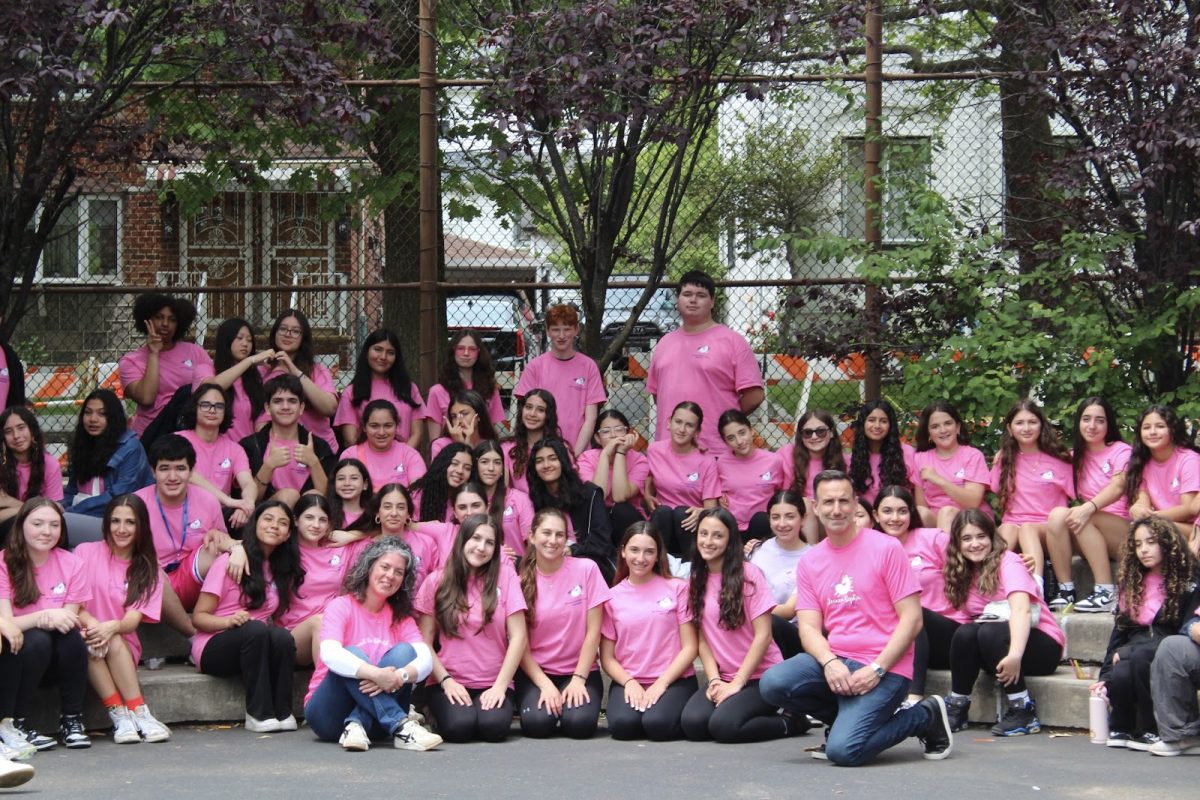
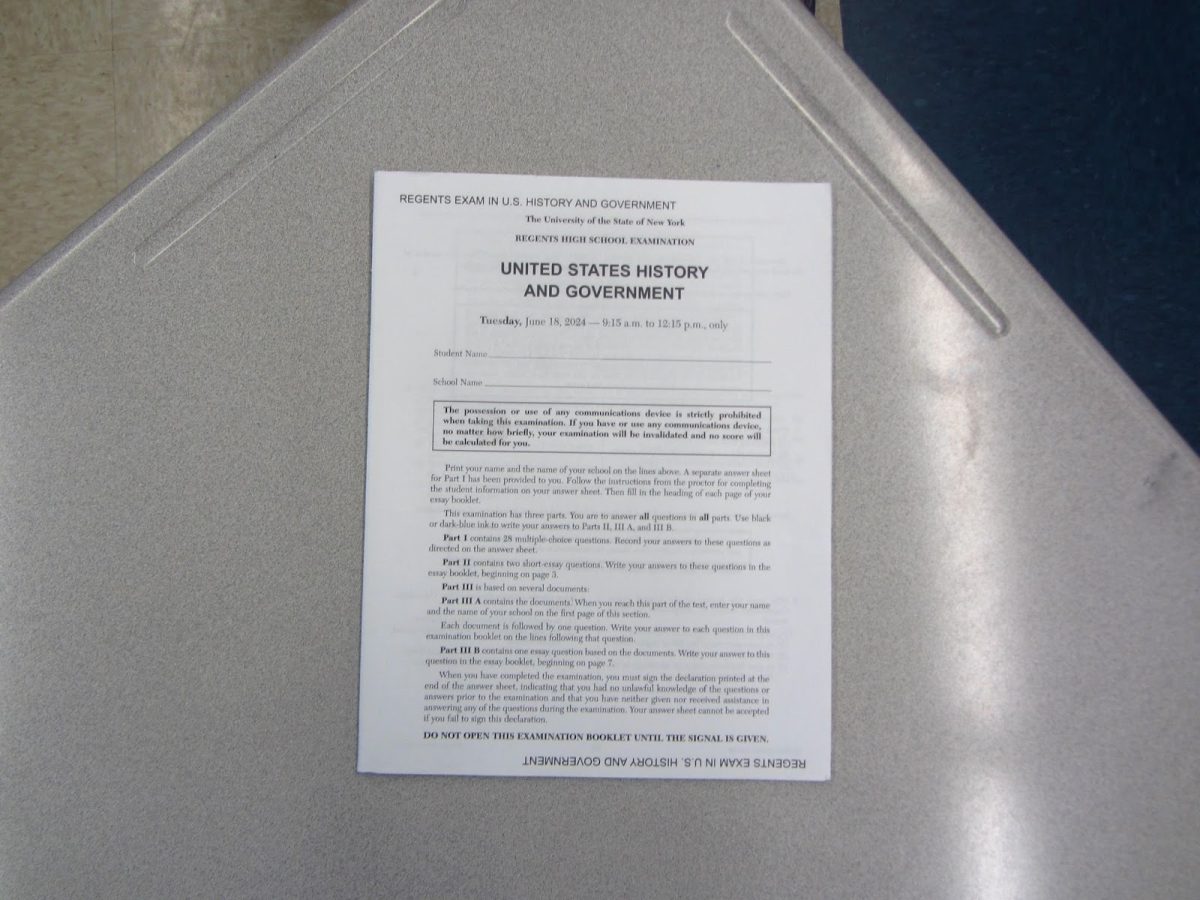


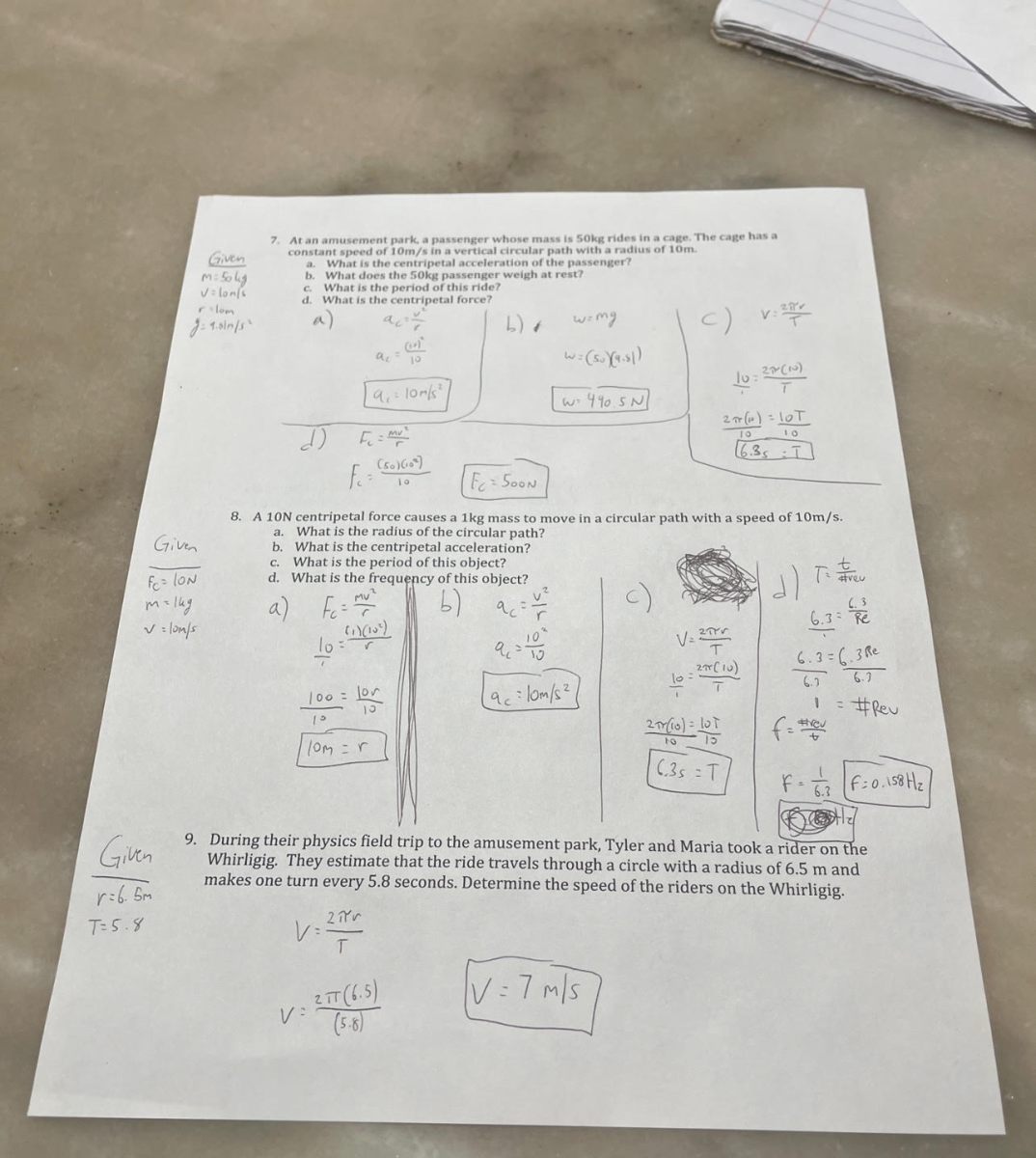
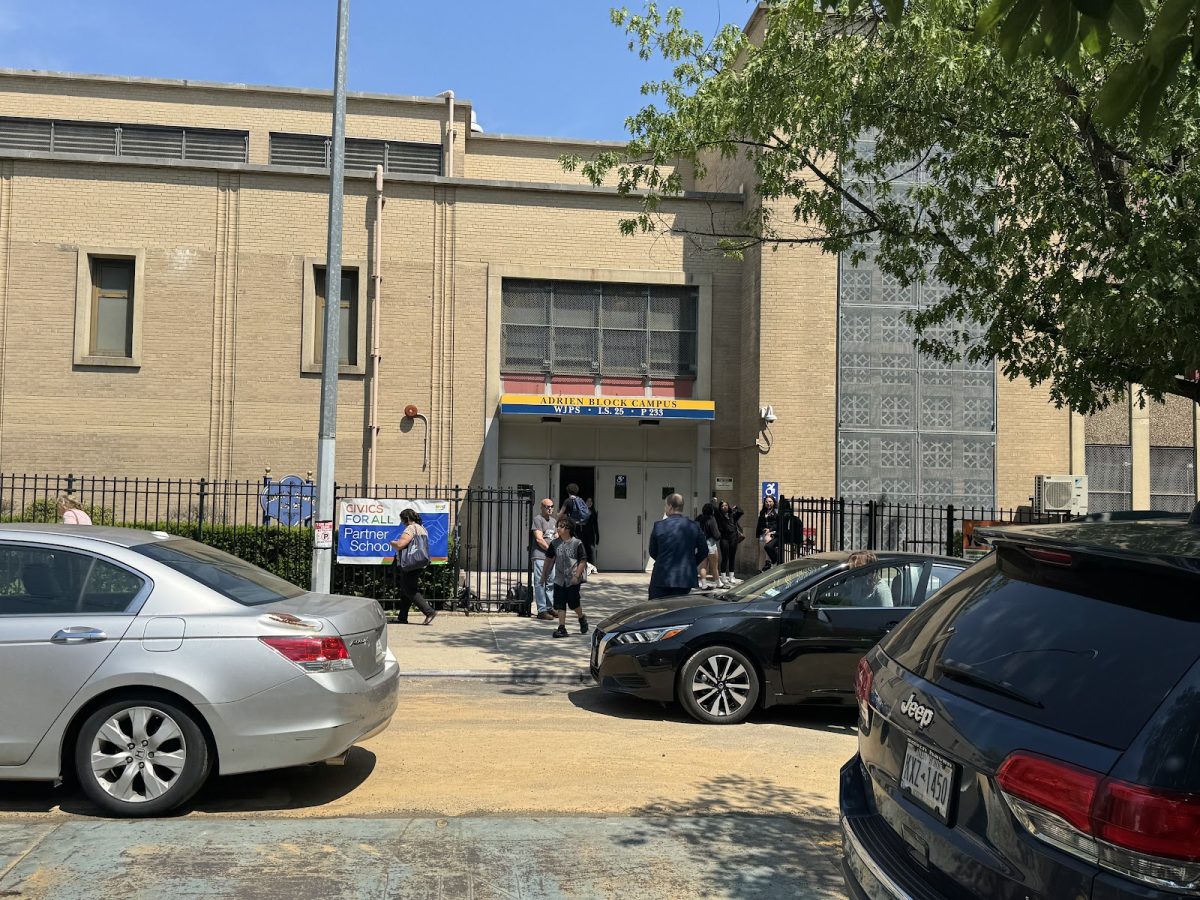
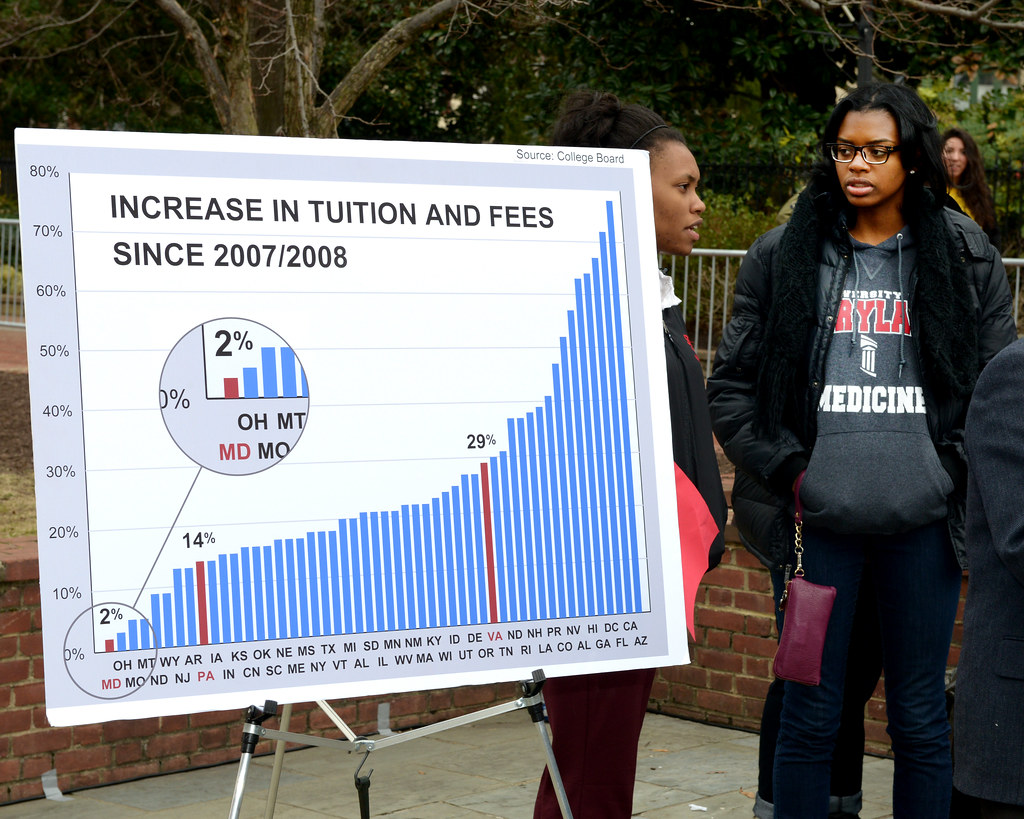






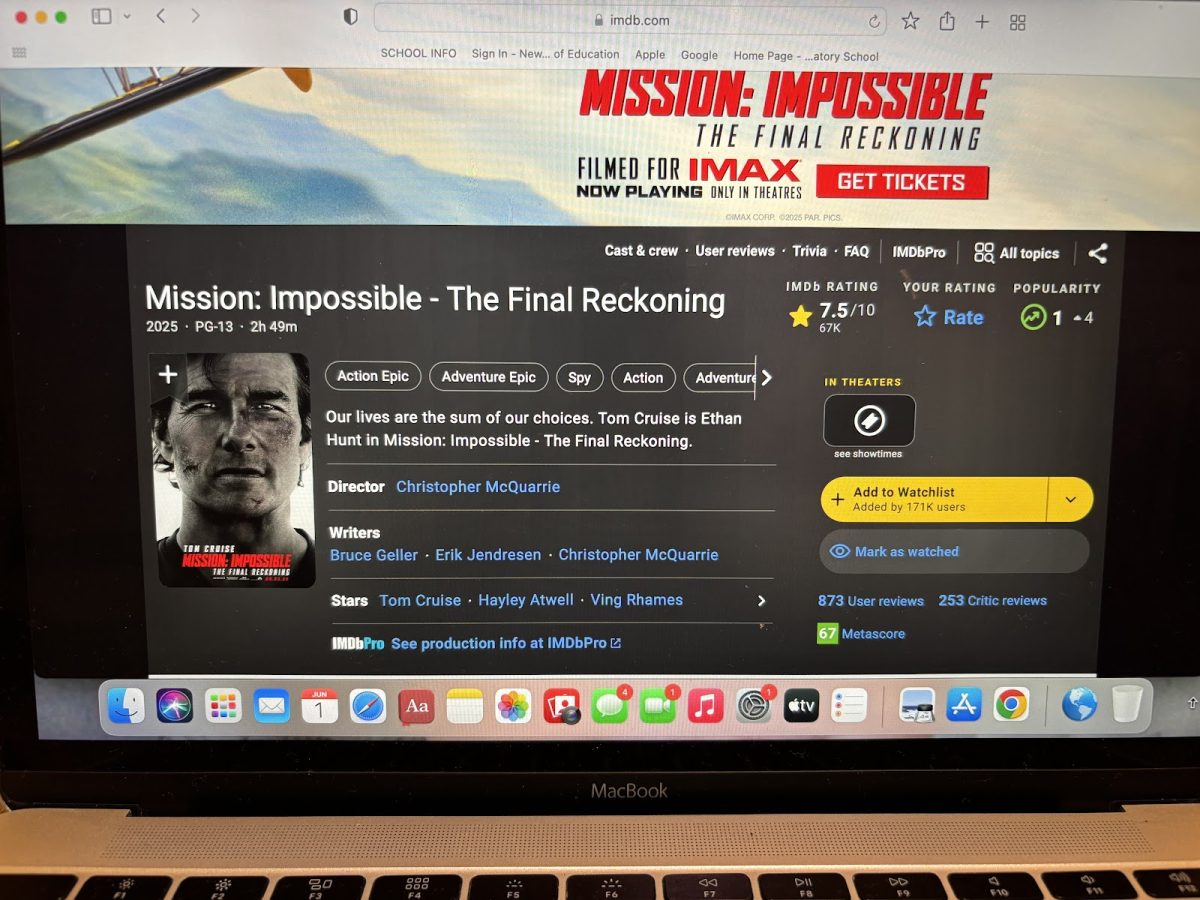


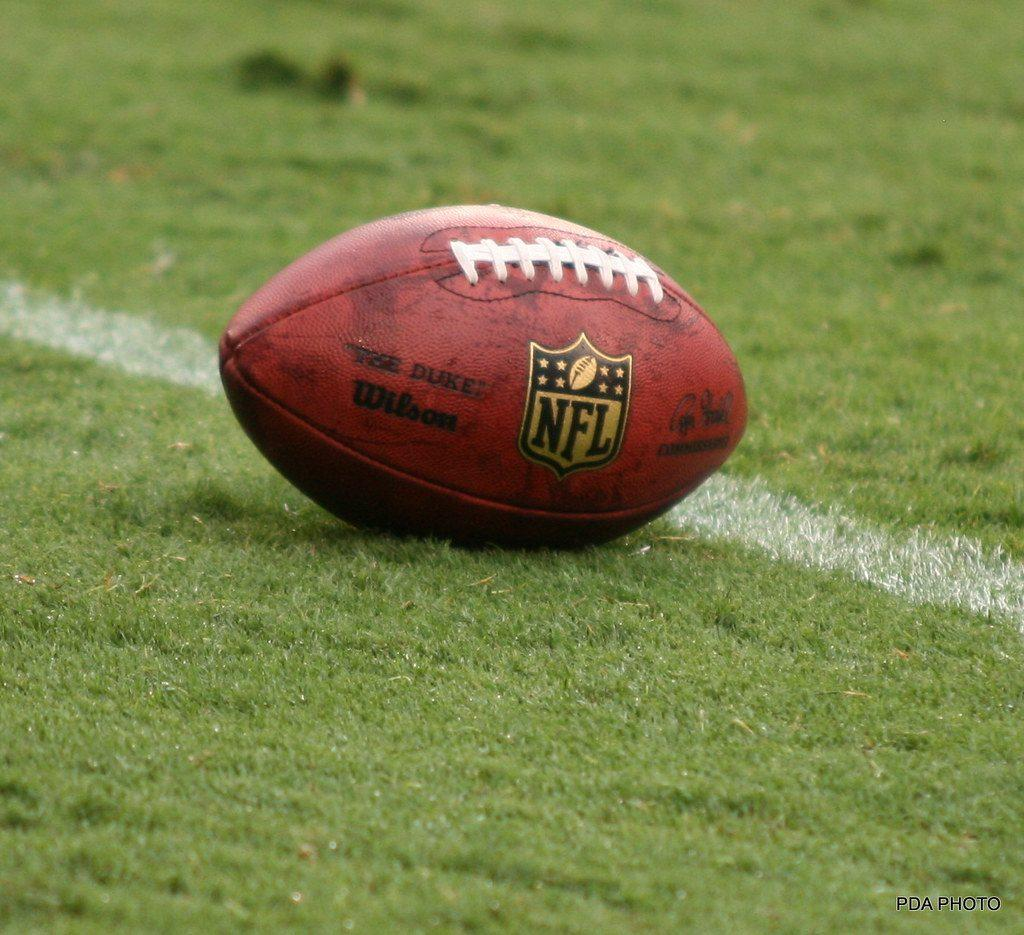






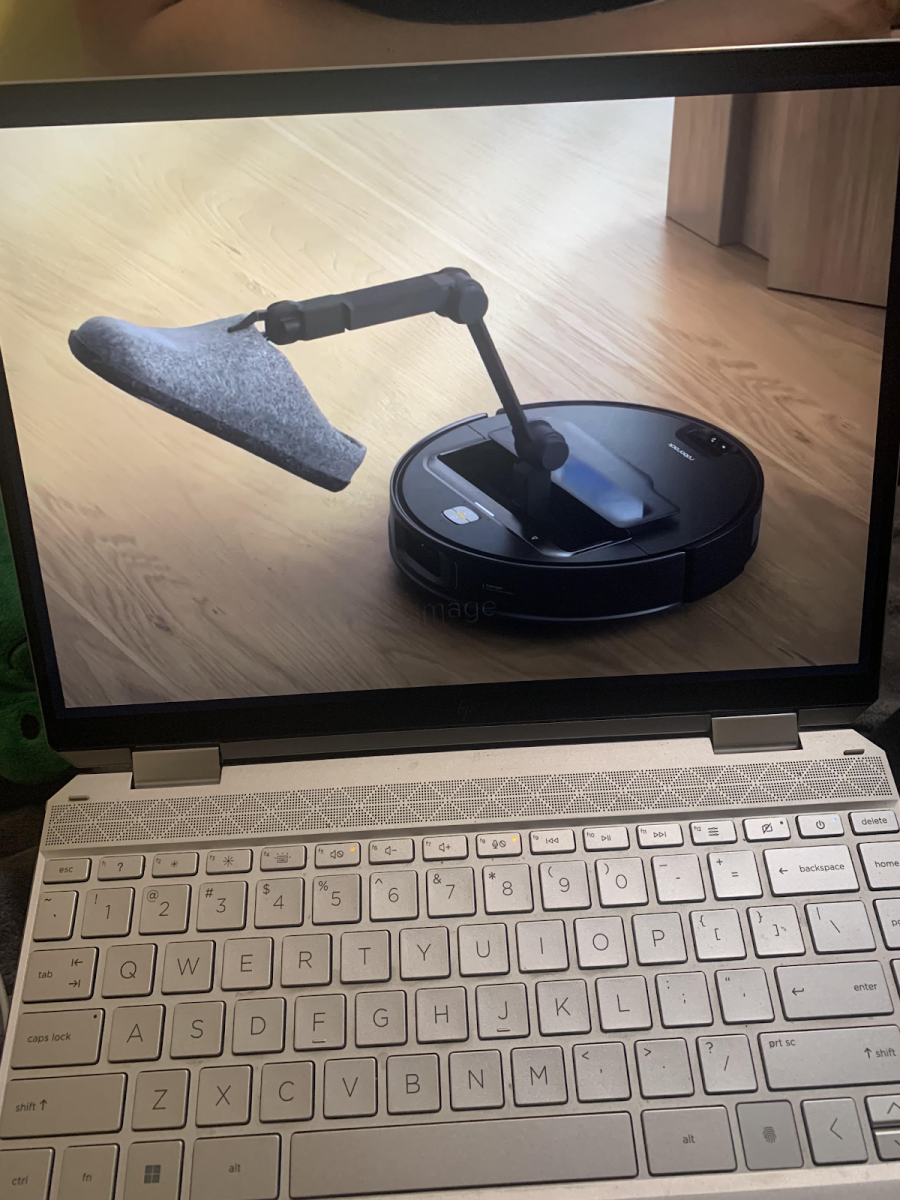












![“I agree the school lost its purpose, I left newspaper because I no longer had an interest and passion that I did once believe I had, the school’s more worried about student law court then what’s in the name in the school. [Which is journalism],” senior Christos Troumhis said. Photo attributions to Jon S.](https://wjpsnews.com/wp-content/uploads/2015/12/6276688407_12900948a2_z.jpg)




